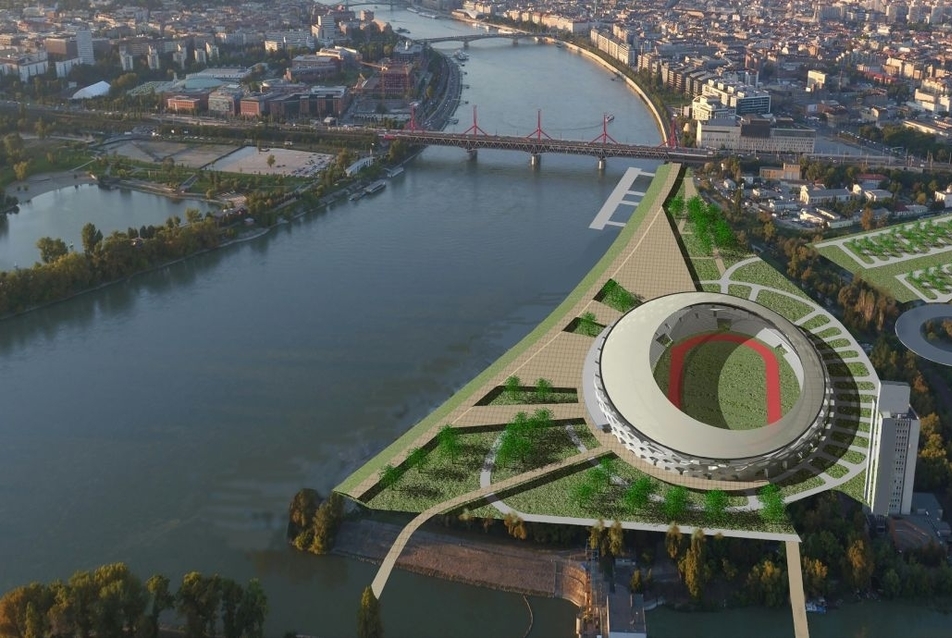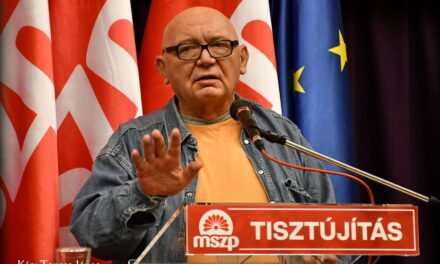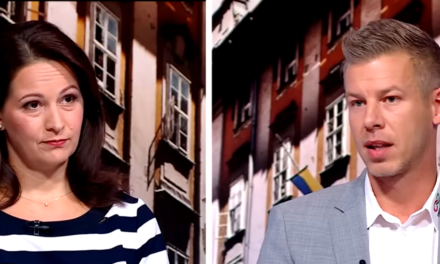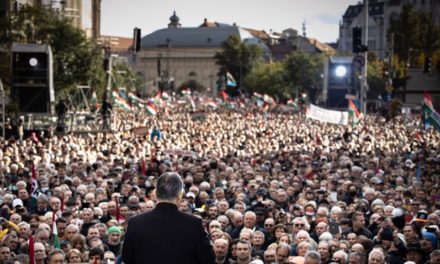There was once an Olympic dream that was rejected by the people of Budapest. They believed that the Olympics would bankrupt the country, that even their grandchildren would pay for the organization. Since then, they have been able to realize that they were only assigned an episodic role in a political scenario, with their signature they helped the kind young people who were afraid of their future to become an opposition party.
They haven't even realized that the economic sector that drives sports and sports tourism brings in at least twice as much as it takes in . They did not and still have not done calculations, as, for example, the very pragmatic Germans did.
When, towards the end of the nineties, the German economy began to take a deep dive compared to itself, the smart people in the relevant ministry calculated how much short-term and long-term economic benefit the hosting of the biggest sporting event after the Olympics, the World Cup, could bring to Germany. The calculations predicted an economic boom: fifty thousand new jobs will immediately appear on the labor market, plus one hundred million euros in tax revenue, but the hospitality industry will be better off by three hundred million and trade will also be able to count on an income of two billion. Fifty percent growth was expected in car manufacturing and forty percent growth in sports equipment manufacturing. The increase in the number of guest nights, the money spent by soccer tourists, the advertising and ticket revenues, the country's image - one could list many indirect benefits in addition to the direct ones.
At that time, Germany had a socialist-green coalition in government, so no one interfered with the big project, the organization of the 2006 soccer tournament. The country's economic interest mattered more, it was not a climate hysteria, and global interests had not yet emerged sharply.
Summer reggae unites the nation - wrote the German newspapers referring to Heinrich Heine's Winter reggae, and indeed, German football fans regardless of skin color or religion encouraged the team, which marched to the semi-finals with this mental support. I have never seen this before! There was no left or right, all of Germany was dressed in black, red and gold, they finally learned their national anthem, and the sun shone on them for the whole month. Really, like in a fairy tale. The mood increased from match to match, but the phenomenon was not nationalist, but - with the agreement of the German media and politics (those in opposition and in power) - patriotic. Sixty years after the war, Germany once again dared to be a proud German, to fly its flag, to sing its anthem "über alles".
Why did I tell you this now? Actually, I just wanted to show what a successful sports event brings to a country: economic growth, good national image, national cohesion, reconciliation of opposing political forces, patriotic pride, joy. We were able to experience this in 2017, during the World Water Championships in Budapest. Although the campaigners tried to turn public opinion against the event during the preparations, and there was endless vilification in various anti-World Cup forums, according to pollsters, sixty-five percent of Budapest residents were particularly happy about the two-week fiesta. The excellent arrangement and the results of the Hungarian athletes made national pride soar: we Hungarians showed the world what we are capable of! Country-world, almost six and a half billion viewers - could see the beautiful Budapest, our successes, the Hungarian miracle.
The same thing happened this summer in the middle of Europe hit by the pandemic, Hungary was the only country where, thanks to the successful treatment of the epidemic, there were full house matches. National flag forest, emotional overheat, national unity.
It was clear how comfortable the Hungarians feel in the Orbán dictatorship. In Hungary, sport receives special support, and our athletes are grateful for this with their results. However, the goal of the government program is more than favoring competitive sports: they want to bring sports closer to the body, and thus guide as many people as possible in the direction of a healthy lifestyle. This requires an appropriate institutional and human infrastructure: people who want to exercise and do sports, locations where we can do this and world competitions where we can experience the joy of winning and which motivates children to play sports.
Talent is given to few, talent is accompanied by perseverance, the strength that enables great results. The majority of us only get the joy of movement and cheering, but it also produces so many endorphins that we feel happy. A sports event can provide a huge social experience. Treat yourself to this feeling!
I can only feel sorry for those who do not understand all this. The World Athletics Championships is the third largest sporting event in the world. It is an honor to be the first of the Central European countries to organize it. The athletics stadium will remain in the reimagined environment, as will the Duna-Aréna, the Puskás-Aréna, or all the criticized sports facilities. Increases national wealth. We can all use it, enjoy it and be proud of it. It brings back its price, and the moral return of the World Cup cannot be measured in money.
The organization of the World Athletics Championships cannot be the subject of political deals, campaign topics and political blackmail. It cannot be converted to either a CT or a student dormitory. Because there will be/are enough CTs in the dispensaries and the student dormitory will also be built. However, the right to organize a world competition is rarely granted.
I really don't want the athletic dream to be shattered by petty political interests after the Olympics.
Author: Irén Rab













